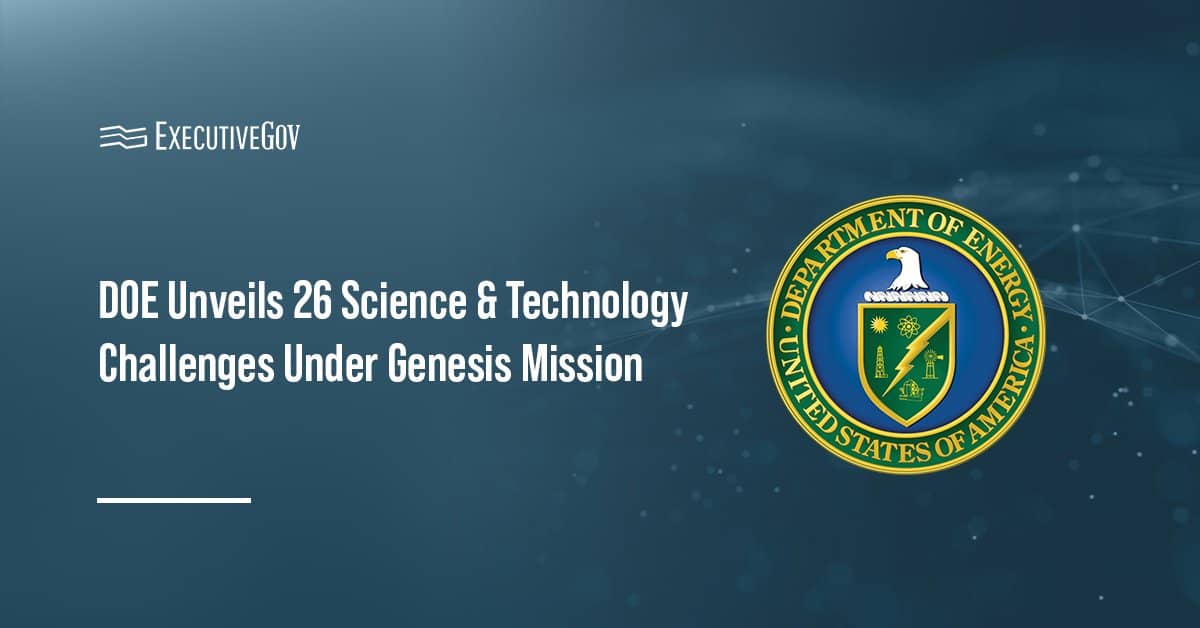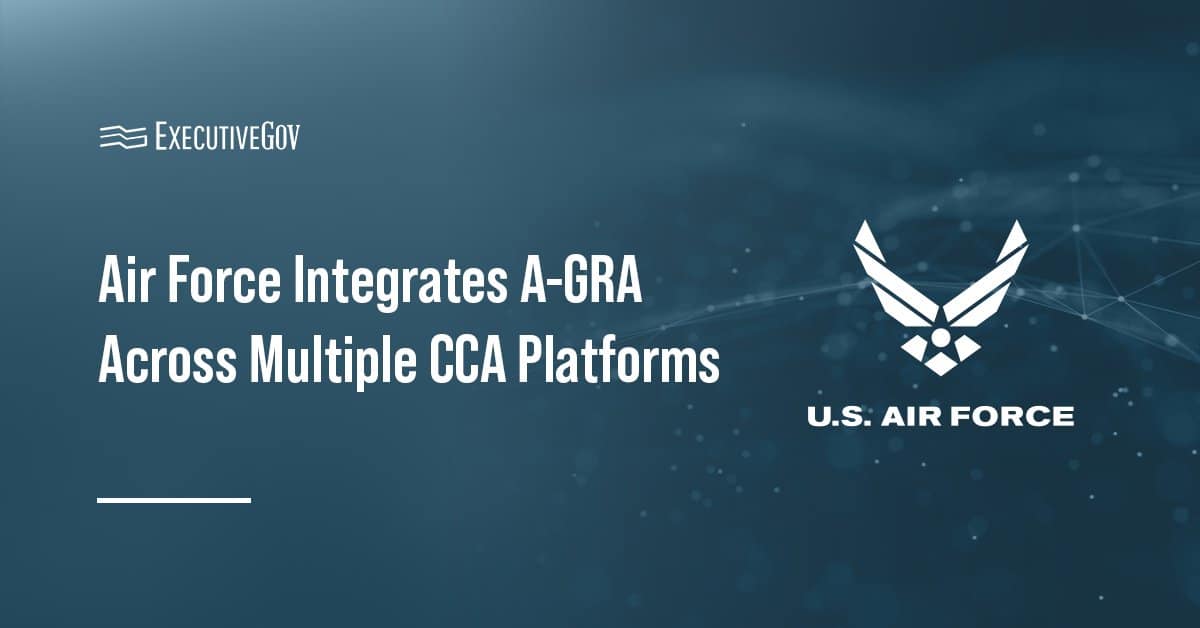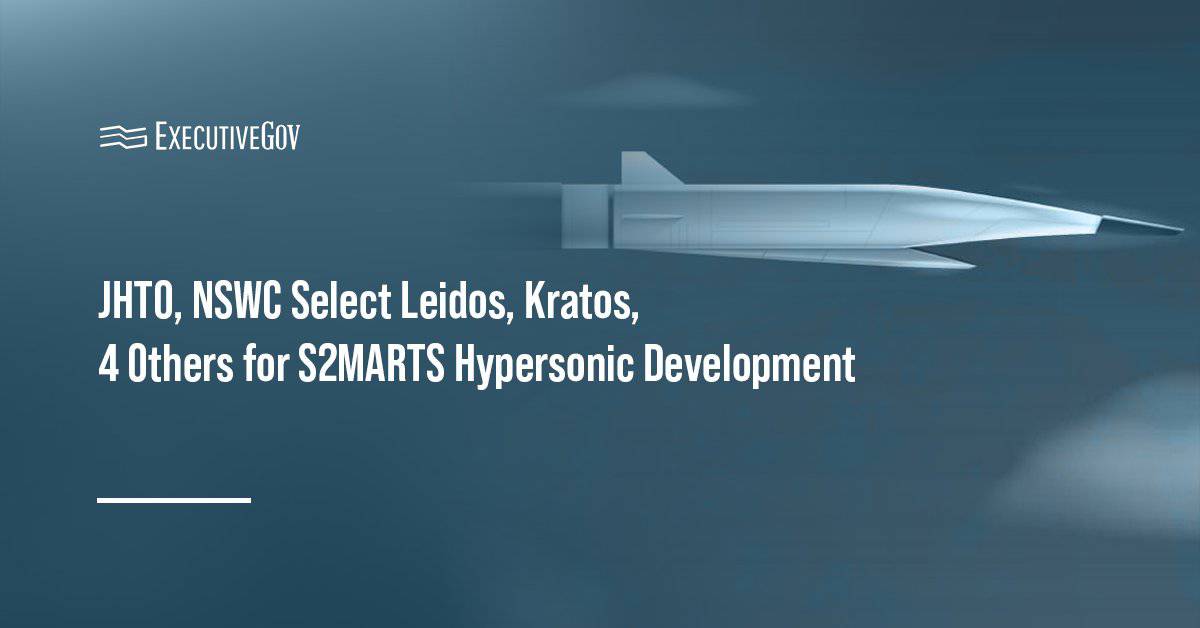
Josephine Olsen, a more than four-decade social service veteran, has been nominated by President Donald Trump as director of the U.S. Peace Corps.
Olsen is currently a senior lecturer at the University of Maryland in Baltimore and has been a visiting professor at the university’s School of Social Work and a director for the Center for Global Education Initiatives over the past eight years, the White House said Wednesday.
She previously served as deputy and acting director of the Peace Corps from 2001 to 2009.
In the early years of her service with the agency, she worked as a volunteer in Tunisia, country director in Togo, regional director for operations in 17 countries and chief of staff.
She also served as senior vice president at the Academy for Educational Development and as an executive director for the Council for International Exchange of Scholars.





